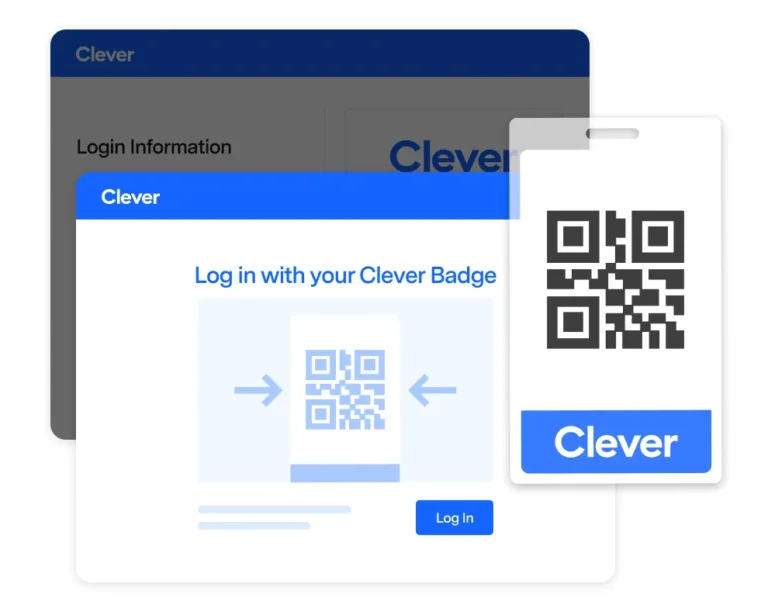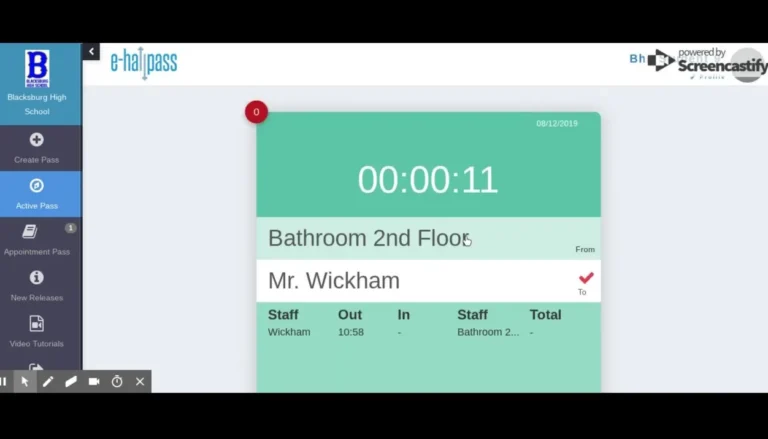To graduate as a Bachelor of Science in Nursing (BSN), one must complete both theoretical and clinical components of the course that makes someone a BSN graduate. If you are already an RN then pursuing an online RN to BSN program is not a very difficult or unfruitful process at all. These are programs for the license RNs looking to progress their education while still working in their current position.
Once you have an RN license, the process begins with an ADN or a diploma program and the NCLEX-RN exam to take. When you are licensed you can then enroll in a BSN program. Online RN to BSN programs suit working professionals and are provided by schools such as Pacific College of Health and Science. Advance practices are the objective of these programs which focuses on leadership, research, and community health, continuing to build from the stock nursing technical skills.
If you earn a BSN, then you have additional options for location, career, and salary since you have more training, more options and the possibility of getting into starting roles, such as the beginning of an Advanced Role.
Why Pursue a BSN?
A Bachelor of Science in Nursing (BSN) earns professional and personal advantages. A BSN prepares students for critical thinking, leadership and research skills which improve patient care. It also prepares nurses for advanced practice opportunities as well as improved salaries and healthcare impact. Below, we break down key components of why it makes sense to earn your BSN.
Advanced Knowledge and Skills
One of the biggest benefits of a BSN is what you learn and what skills you gain. The curriculum is beyond the basics of nursing practice, evidence based care, community based health and healthcare management. This education equips nurses with:
- Critical Thinking: BSN programs help cultivate analytical skills to provide them with the capacity to analyses complex patient cases and make educated choices.
- Leadership Abilities: Coursework often includes training in management, preparing nurses to lead teams and coordinate care effectively.
- Research Expertise: A BSN graduate that understands research methodologies can help improve practices in healthcare as well as develop new policies.
The competencies that nursing with a BSN prepares nurses for are a valuable asset to diverse healthcare challenges they face.
Improved Patient Care
Nurses who are BSN prepared are better equip to provide high quality care. Research has demonstrated hospitals facilitate lower mortality rates and improved patient outcomes if they have more BSN prepared nurses. The emphasis on:
- Holistic Care: BSN programs prepare nurses to pay attention to a person’s physical, emotional and social needs as a patient.
- Cultural Competence: When we know our client’s unique cultural background, we communicate better and deliver better care.
- Preventive Health: BSN graduates are educated to help patients to prevent disease the best they can and to lead healthier lifestyles.
These elements serve to make that more comprehensive approach to nursing.
Expanded Career Opportunities
Having a Bachelor of Science in Nursing (BSN) gives nurses more career opportunity than a licence and sets the groundwork for not only taking on additional roles, but also moving up the ladder. As healthcare organizations try to earn Magnet Recognition, many of them choose to hire BSN prepared nurses for their advanced education and skills.
As per pediatric, oncology, and emergency care specialty the BSN graduates can work inside specialized divisions where their knowledge comes in use. They are extremely well positioned to be nurse manager or charge nurse roles where they will take responsibility for the teams and assist in improving patients’ care process.
Another avenue is public health nursing and thus BSN prepared nurses are able to address community health needs as well as broad population concerns. A career as a school nurse also has a basis, focusing on helping students to be healthy and well. Along with these advantages, the more opportunity there is the more the responsibility; professionally, the better the rewards; and as an investment in a career as a nurse, an increasing value for these opportunities in the BSN.
Higher Salary Potential
Across the board, all BSN prepared nurses are paid more than those with an Associate Degree in Nursing (ADN). According to industry reports the difference in earning potential reflects:
- Advanced Education: BSN graduates add to employer value with additional training and expertise.
- In-Demand Skills: BSN nurses are equipped to handle complex healthcare scenarios, making them indispensable.
- Opportunities for Advancement: Often though, leadership and other specific roles associated with a BSN come with better compensation.
Long term financial benefit and job satisfaction can be obtained by investing in a BSN.
Preparation for Advanced Degrees
If you are interested in pursuing advanced nursing degrees (such as a Master of Science in Nursing (MSN) or Doctor of Nursing Practice (DNP) a BSN is often the first step. These advanced degrees open doors to:
- Advanced Practice Roles: Nurse practitioner clinical nurse specialist or another nurse anesthetist.
- Nurse Educator: To prepare next generation nurse educators and to influence the profession.
- Healthcare Administration: Influencing policy, operations, and organizational strategies within healthcare systems.
With a BSN, nurses play a role to advance their academic and professional career.
Enhanced Professional Credibility
A BSN makes a nurse look more professional and makes them look better. It demonstrates:
- Commitment to Excellence: A dedication to ongoing education and professional growth.
- Adaptability: The power of survival in a booming healthcare project.
- Leadership Potential: Readiness to take on more complex and influential roles.
It also can bring greater respect from your colleagues and employers.
Increased Job Security
The always shifting healthcare industry is doing so now, and many employers are designating the requirement for the Bachelor of Science in Nursing (BSN) as the floor for entering the profession. The demand for a better educated nursing workforce, capable of meeting modern health care challenges, this change reflects.
BSN prepared nurses are more job secure because the BSN prepares the nurse to meet or exceed qualification standards thus, making the nurse more competitive in the job market. Their training is in tune with prevailing medical industry practices and is adequate to qualm the fast paced changes within the medical practice and technology world.
BSN prepared nurses find career stability and work fewer obstacles to pursue new opportunities, promotions and dual-career pursuits. The second advantage of a stronger job security in the fluctuating and continuously changing healthcare world is that.
Impact on Healthcare Systems
BSN prepared nurses aid to improve healthcare systems by means of their advanced education and training. They execute quality improvement in a way that has evidence based practices to increase patient outcomes and safety.
These nurses continue to be great sources of advocating for equality in terms of health care since all patients should get the best quality of health care that they need, but certain systems lock them out of realizing this. Further, their propensity to work within interdisciplinary teams improves the underlying assumption for improving care delivery through collaboration.
Combining these skills, BSN prepared nurses improve every individual’s patient experience and contribute to improving the existing standards of healthcare systems, thereby becoming a critical part of healthcare.
Personal Fulfillment
Beyond professional benefits, earning a BSN provides a sense of personal accomplishment. Nurses often report:
- Increased Confidence: Advanced education enhances self-assurance in clinical and leadership roles.
- Greater Satisfaction: Opportunities to make a meaningful impact lead to a more rewarding career.
- Pride in Achievement: Completing a BSN represents a significant milestone in a nurse’s journey.
This personal growth enriches both the individual and their contributions to the nursing profession.
Conclusion
Investing into a Bachelor of Science in Nursing (BSN) is an important step that brings with it immediate and long term returns. From advanced skills to expanded opportunities, to higher salaries to getting ready for advanced roles.
Why earning a BSN is a No brainer! It improves professional credibility, job security and the ability to contribute toward making a difference in the care of patients and health systems. The BSN is a real step up for nurses who want to move their careers and their impact forward.






